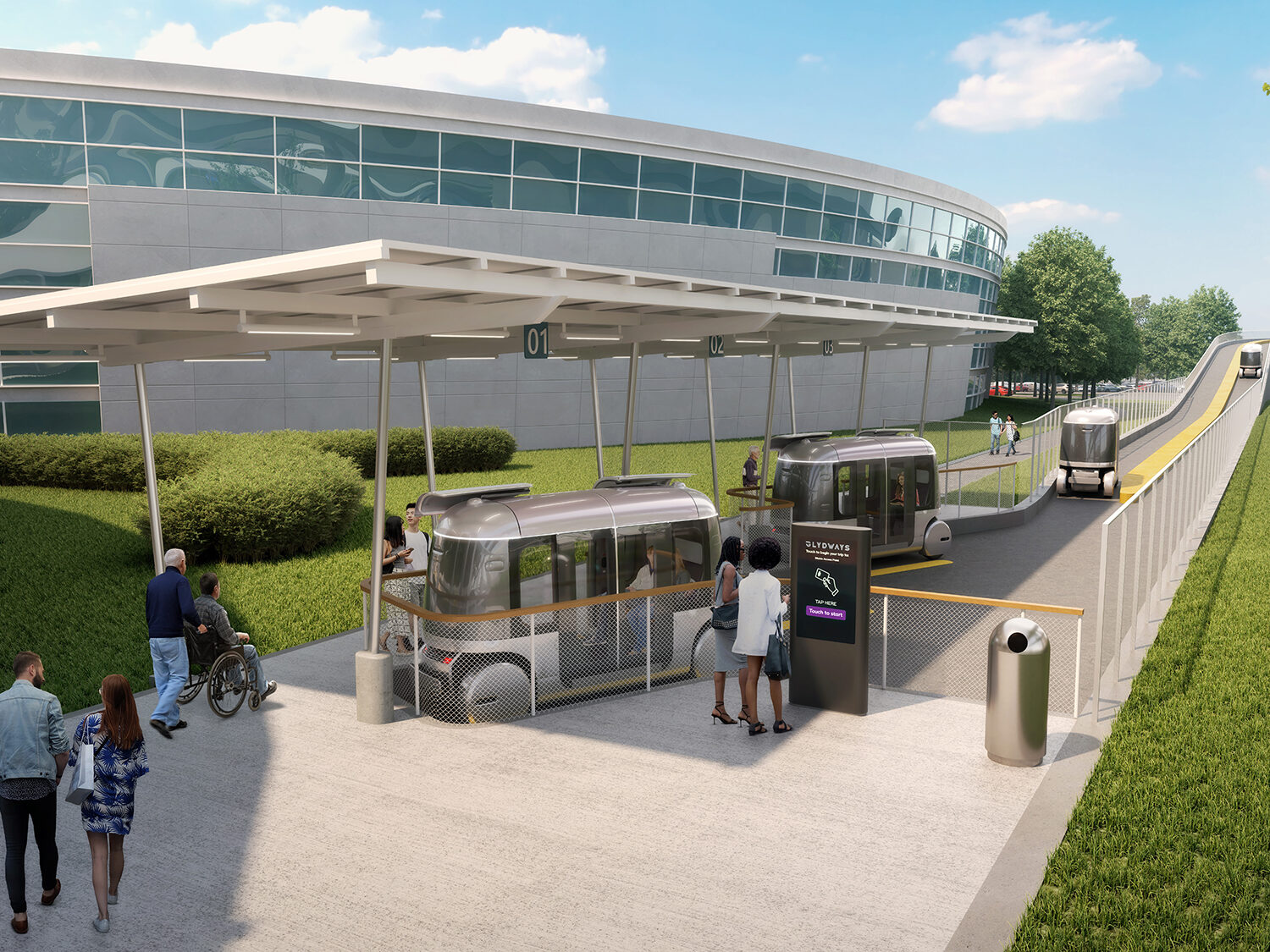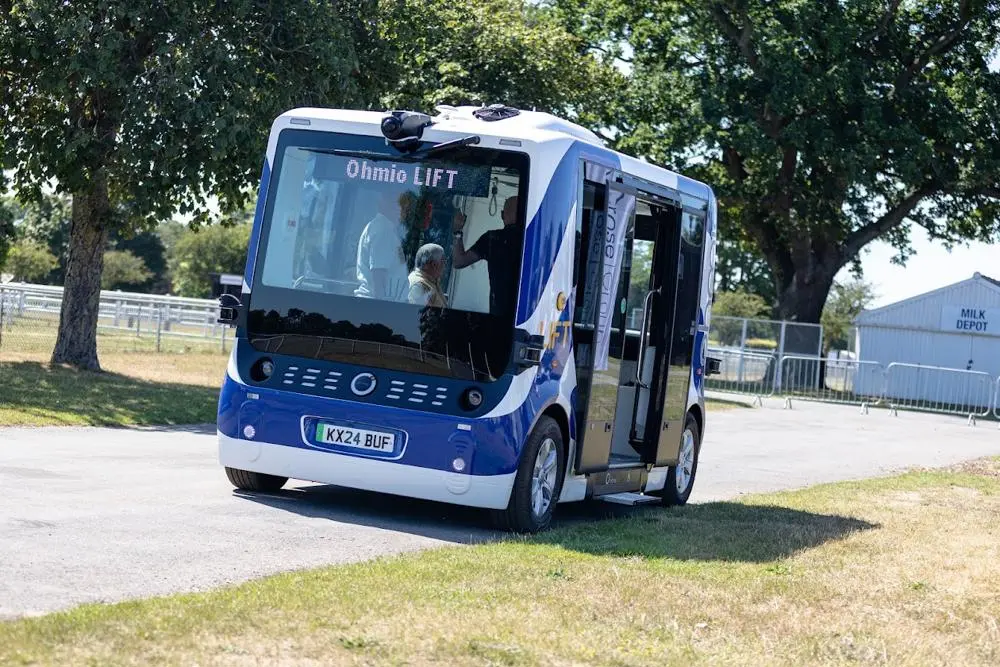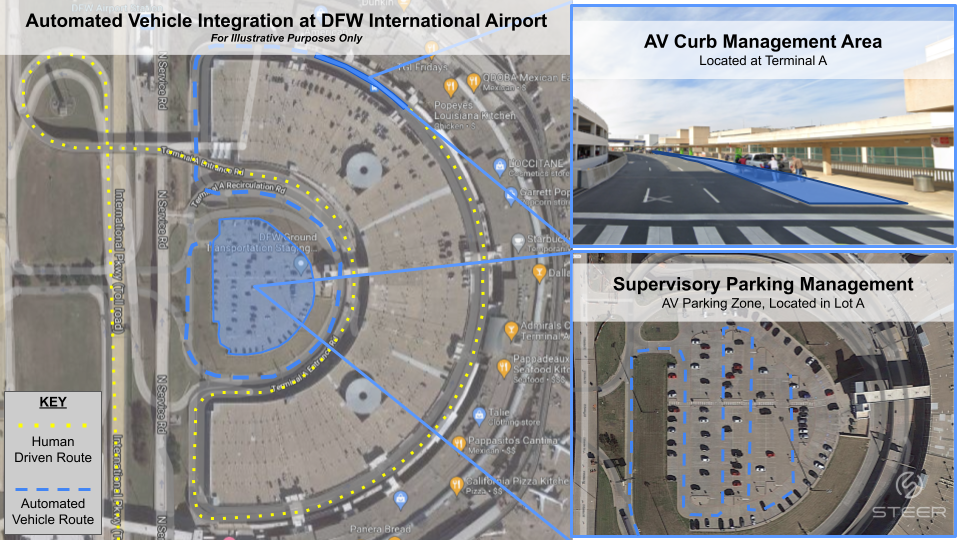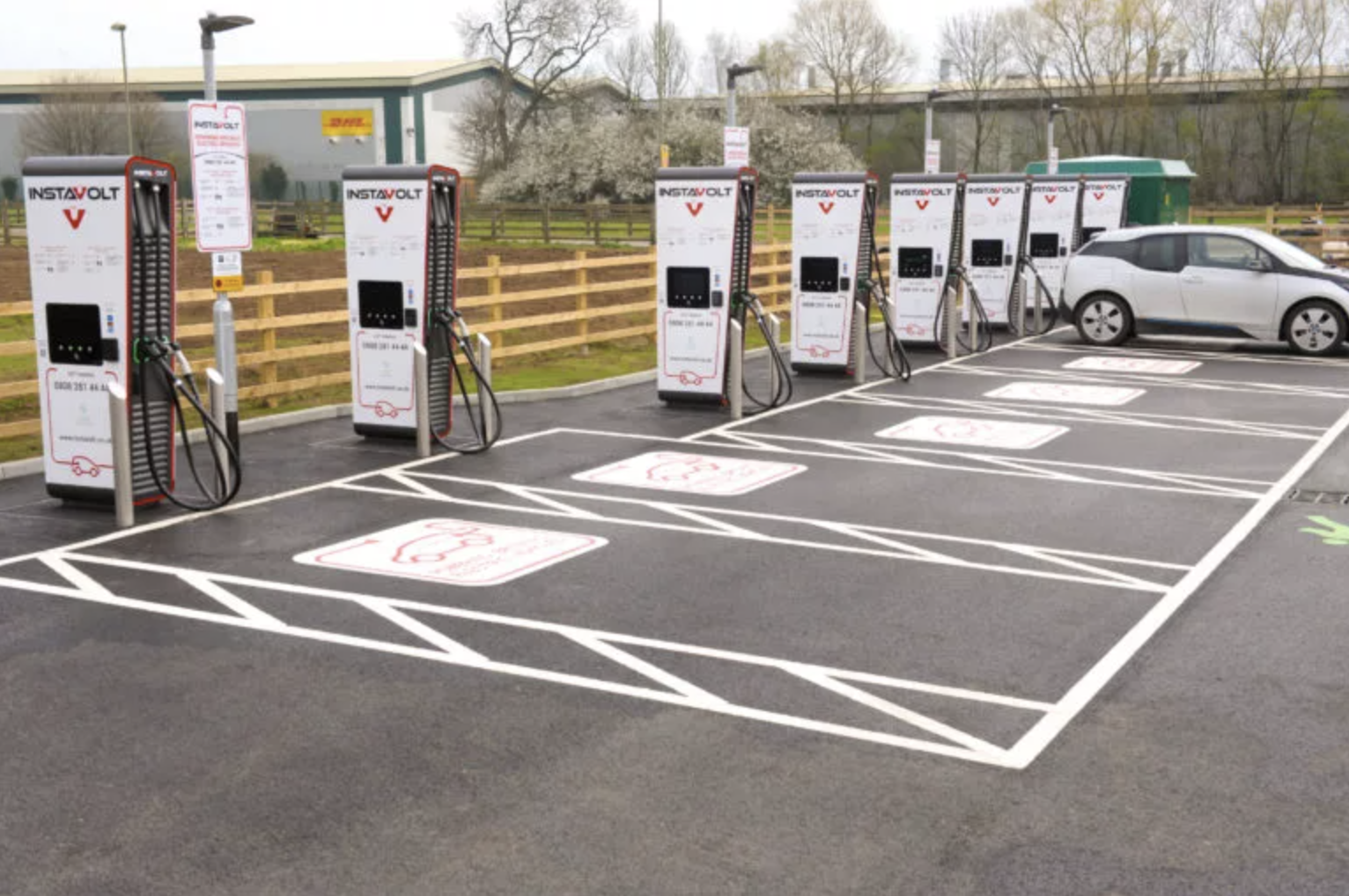The UK government has confirmed changes to The Highway Code to reflect the introduction of self-driving vehicles on British roads.
As self-driving technology rapidly develops across the globe, the UK’s first self-driving vehicles could be ready for use later this year, according to the UK government. The newly updated Highway Code will enable drivers to use autonomous technology within approved vehicles, but will require motorists to be ready to resume control when prompted, such as when approaching a motorway exit.
The updates will allow drivers to view entertainment content on built-in display screens while operating a vehicle in self-driving mode. However, it will remain illegal to use mobile phones, as research demonstrates that this poses a greater risk for distracting the driver.
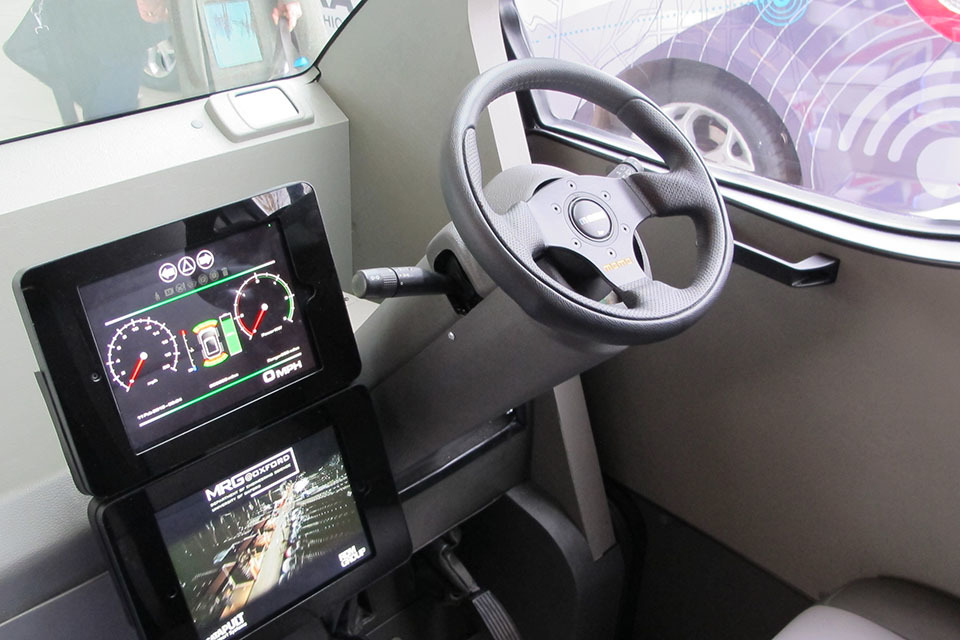
Transport Minister Trudy Harrison said:This is a major milestone in our safe introduction of self-driving vehicles, which will revolutionise the way we travel, making our future journeys greener, safer and more reliable. This exciting technology is developing at pace right here in Great Britain and we’re ensuring we have strong foundations in place for drivers when it takes to our roads. In doing so, we can help improve travel for all while boosting economic growth across the nation and securing Britain’s place as a global science superpower.
Enabling the development and introduction of self-driving vehicles could provide an economic boost, creating in the region of 38,000 high-skilled jobs in the UK. The industry could be worth 41.7 billion GBP by 2035.
The government anticipates that such driver-assistance technology will initially be introduced for vehicles travelling at slow speeds on motorways, such as in congested traffic. The UK government then intends to introduce a full regulatory framework to support the widespread deployment of self-driving technology by 2025.
Mike Hawes, Society of Motor Manufacturers and Traders Chief Executive, said:Amending The Highway Code to reflect the pace of technological change will help clarify what motorists can and can’t do when a self-driving feature is engaged, so promoting its safe use. The technology could be available in the UK later this year and, with the right regulations in place, consumers are set to benefit from safer, more efficient journeys while the UK will strengthen its position as a global leader in the deployment of self-driving technology.
Proponents of self-driving technology believe it could improve road safety by reducing human error. However, the more complex an environment is, the more complex the vehicle technology has to be, meaning urban settings are extremely difficult for computer systems to cope with. The Washington Post published an article entitled ‘Full Self-Driving’ clips show owners of Teslas fighting for control, and experts see deep flaws in February, highlighting that machine error is currently a major obstacle to this technology.



